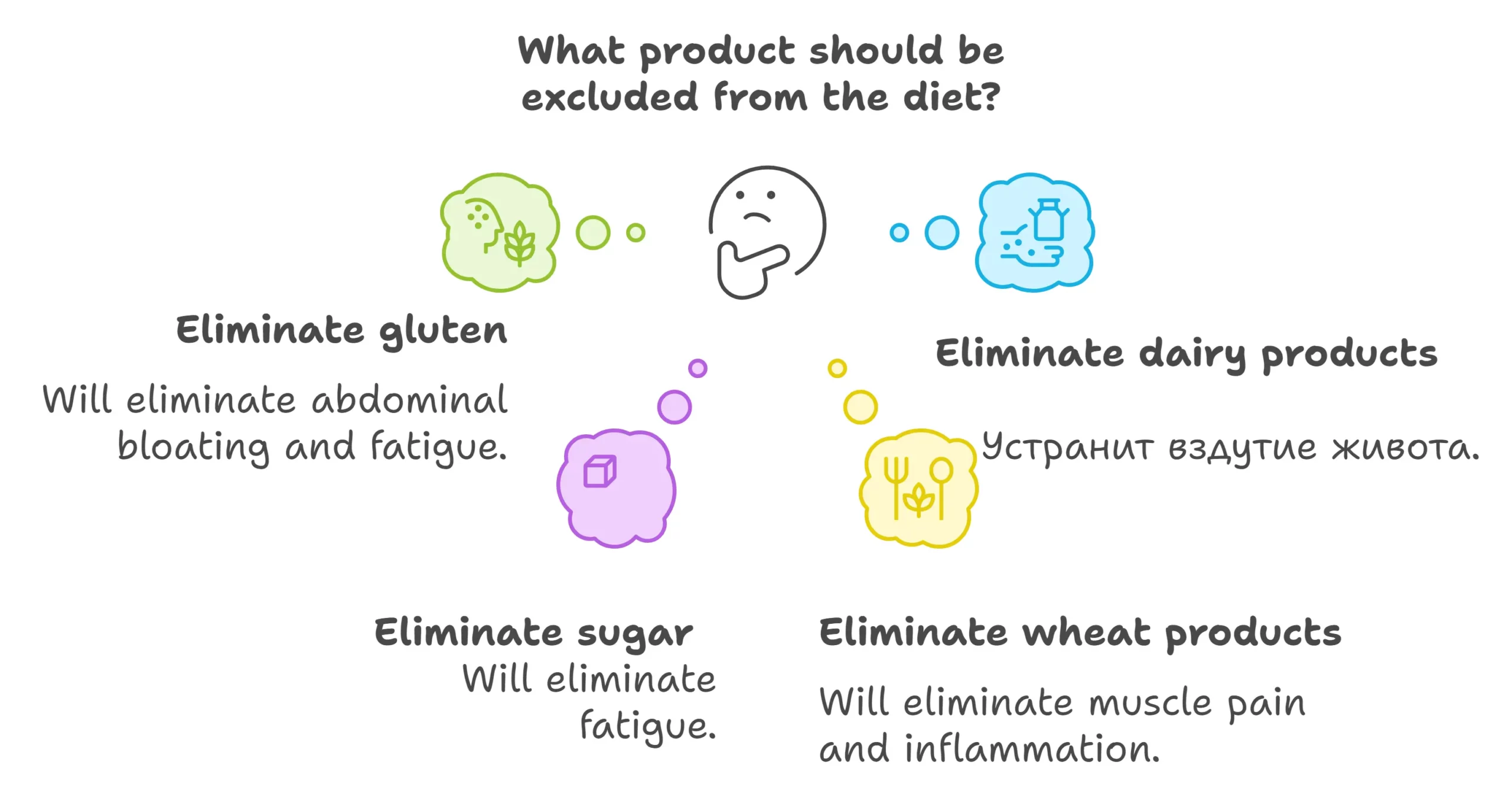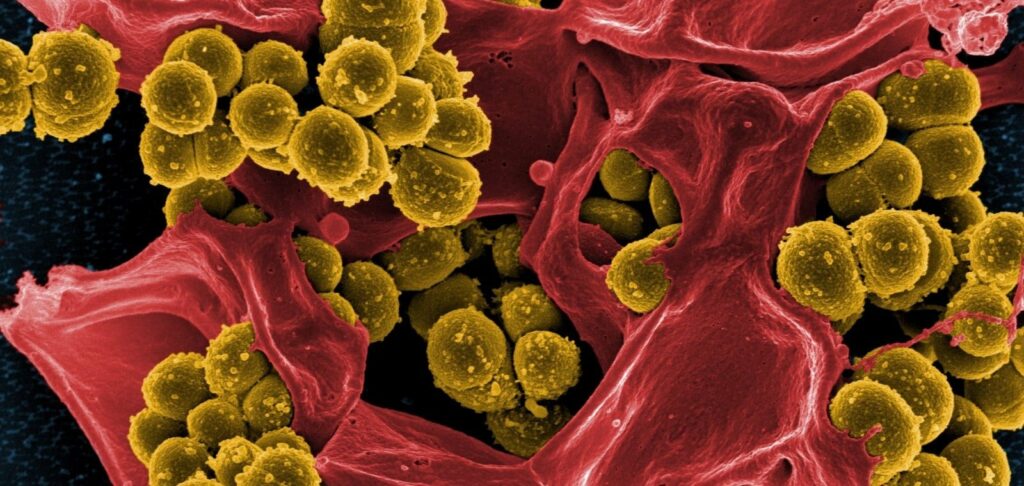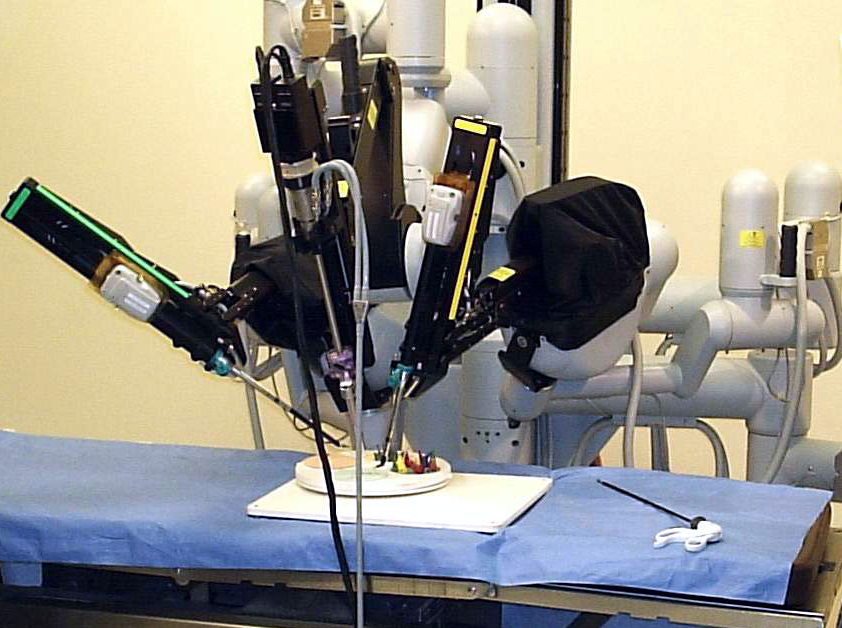
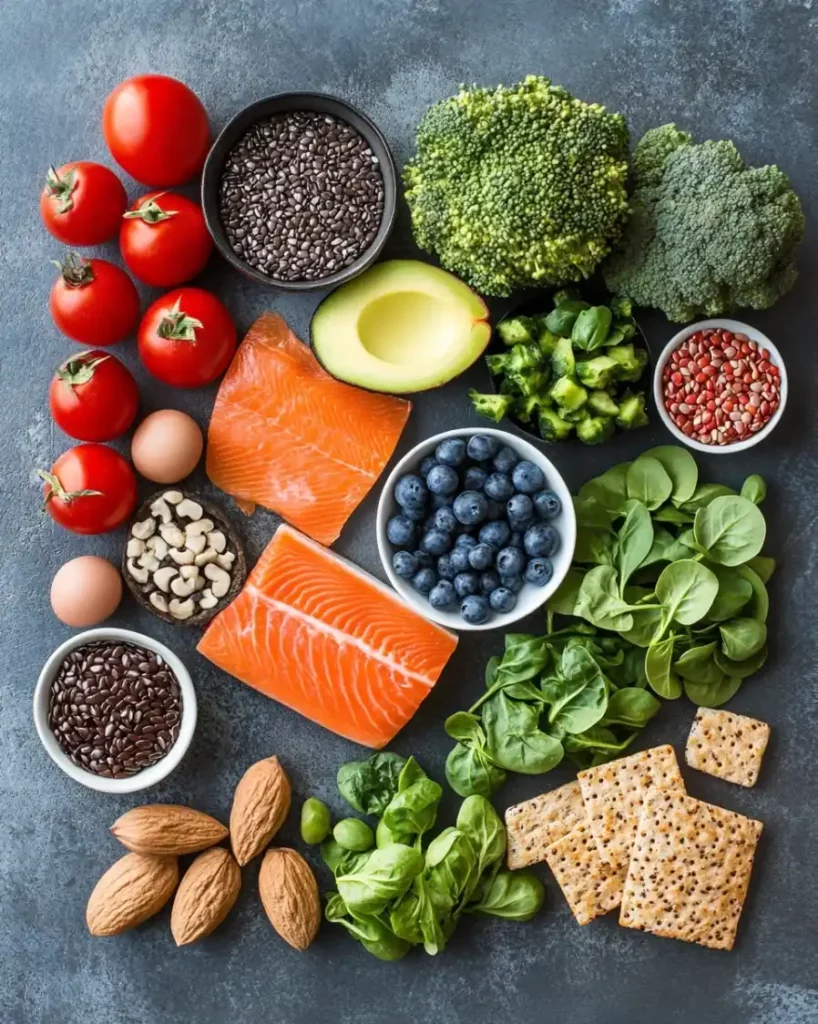
Modern research shows that nutrition has a much more powerful impact on our health than many people tend to think.
While physical activity is undoubtedly important, diet can produce much quicker and more tangible results.
Graham Weaver, in his article, shares his personal experience, emphasizing the asymmetrical impact of dietary changes compared to exercise.

Why is diet more important than exercise?
One of Weaver’s major discoveries was the realization that many hours of exercise did not produce the desired results compared to small changes in diet.

He notes that diet has a much more powerful effect on energy levels, well-being and fitness.
| Indicator | Effect of exercise | Effect of diet |
|---|---|---|
| Energy level | Moderate increase | Significant improvement with proper nutrition |
| Physical form | Gradual changes | Rapid changes with dietary adjustments |
| Long-term health | Reducing the risk of disease, keeping your heart healthy | Improving metabolism, reducing inflammation and weight gain |

Three major dietary changes:
1.Increasing protein intake
Protein plays a key role in maintaining and developing muscle mass. It also stabilizes blood sugar levels, which contributes to a longer feeling of satiety.
This is especially important for those who want to lose weight or build muscle.
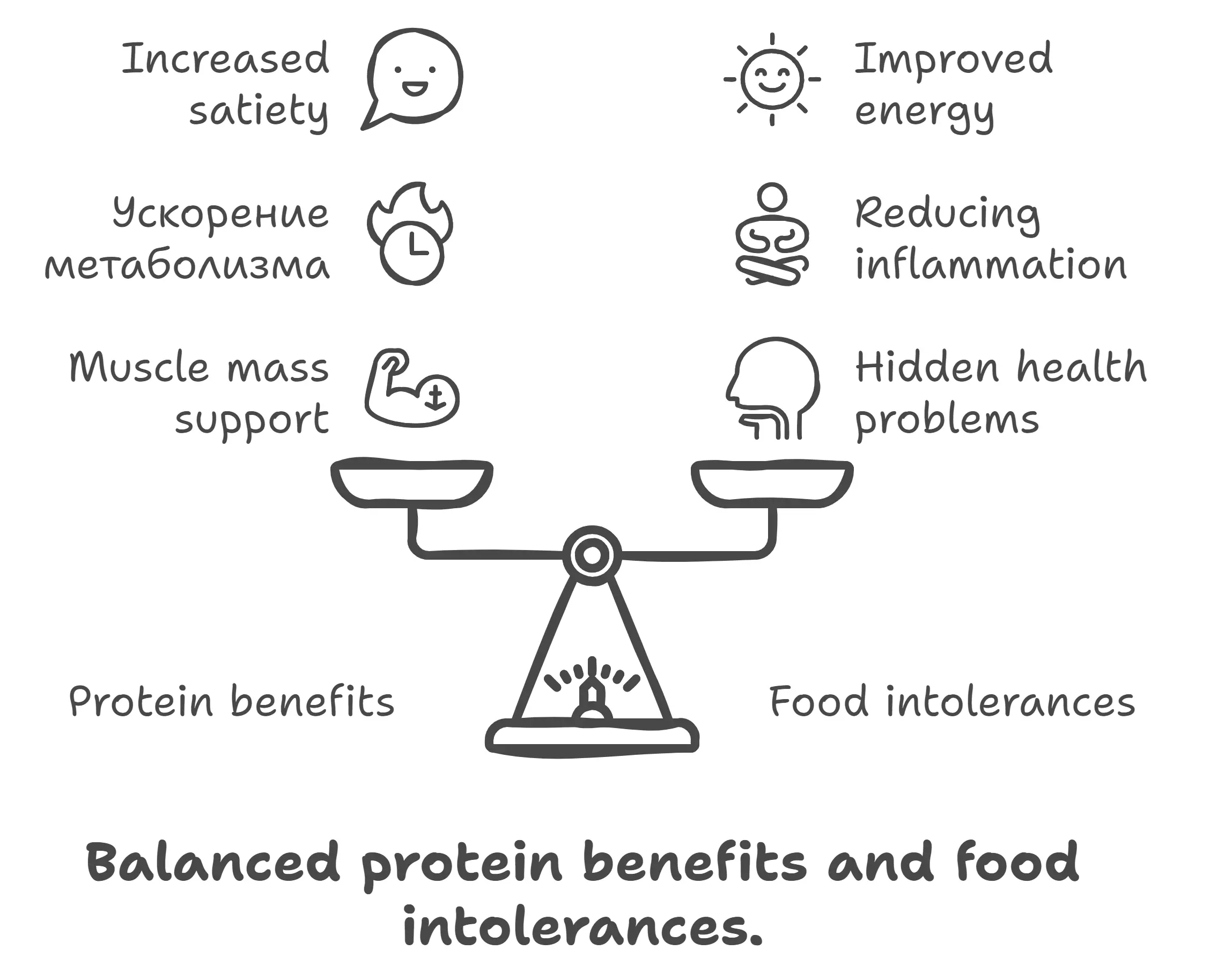
Studies show that increasing protein intake can improve metabolism and speed up the fat burning process.
Protein also promotes muscle recovery after exercise, making it an important component for those who exercise regularly.

2.Determination of food intolerances
Food intolerances, such as gluten intolerance, can have hidden negative effects on the body. Symptoms can include fatigue, abdominal bloating, inflammation, and cognitive decline.
Many people live with these problems for years without realizing the cause.
Eliminating allergens and irritants from the diet can significantly improve overall health, energy levels and reduce inflammation.
This is supported by studies that link food allergies to chronic diseases and metabolic disorders.

3.Low calorie density foods
Research by Barbara Rolls has shown that most people eat the same amount of food by weight each day.
This means that it is possible to eat more food but with fewer calories if you choose low-calorie foods such as fruits, vegetables, soups, and protein foods.
This strategy helps to reduce the calorie density of your diet without making you feel hungry, which greatly reduces the risk of overeating and helps with weight management.
| Product | Calories (per 100 g) | Food volume |
|---|---|---|
| Apples | 52 calories | High, because of the water |
| Pasta | 157 calories | Medium |
| Nuts | 600 calories | Low, calorie dense |


